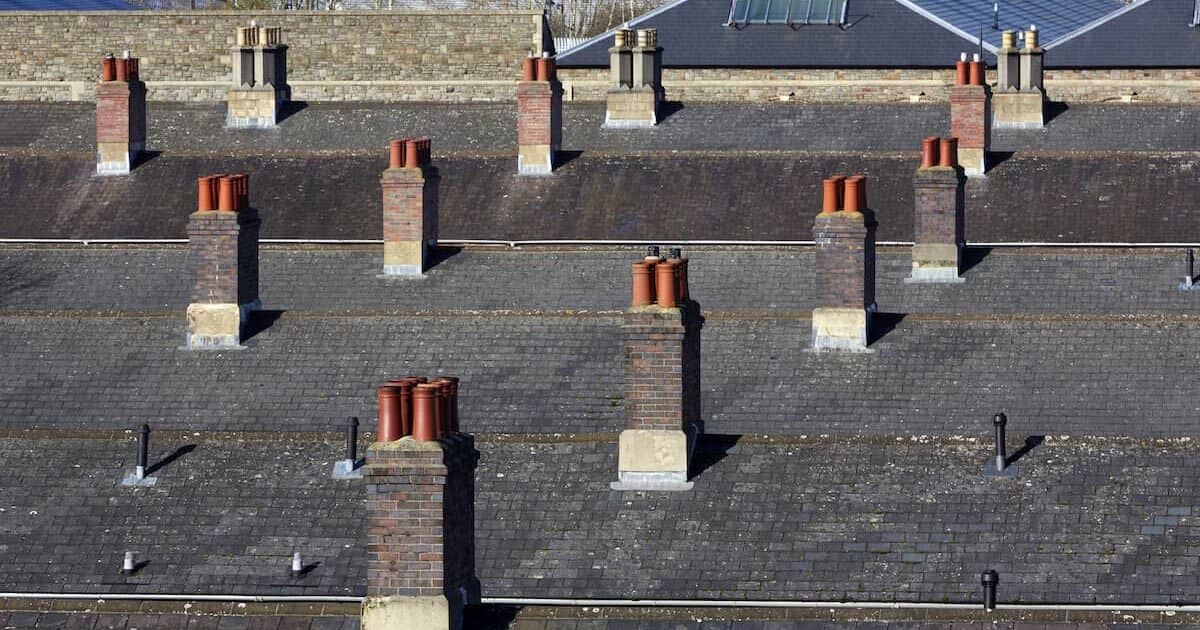To be compliant with the regulations, landlords must arrange an inspection from a competent and qualified professional every 5 years.
There is a helpful website that has been set up in the electrical safety industry called Electrical Competent Person that can help you find a qualified, competent electrical professional in your area.
A qualified and competent person doesn’t necessarily need to be part of this scheme, so having your tradesperson sign a checklist to say that they’re qualified is appropriate.
During the inspection, your electrical professional should follow guidelines set out in the 18th Edition of the Institution of Engineering and Technology’s Wiring Regulations. This will focus their attention on these potential problems:
- Overloaded installations.
- Shock risks.
- Fire hazards.
- Defective electrical work.
- Lack of earthing or bondings.
Cookers, refrigerators and TVs don’t come under the regulations, but it is worth having these items checked anyway.
Records of these tests need to be provided to the tenants in order to be compliant with the new regulations.


















